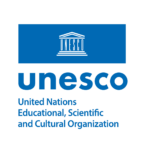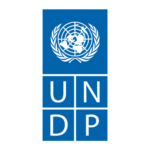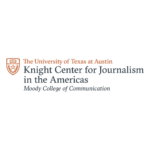New Free Online Course - Freedom of Expression, Artificial Intelligence and Elections - 2-30 April 2024
During this four-week Massive Open Online Course (MOOC) held in April 2024, you will learn and explore the fascinating and ever-evolving world of technology and democracy, in particular on the impact of Artificial Intelligence on freedom of expression in elections.
In 2024, 76 countries representing over half of the world’s population will hold elections. For the first time, AI may extensively be used to generate and disseminate content during
electoral processes. While AI brings benefits like cost reduction and instant responses, its
potential misuse poses a significant risk, particularly in spreading
disinformation,
misinformation, and
hate speech through social media.
Divided into four modules, the MOOC explores how these technologies affect the information ecosystem in elections and provides ideas for responding to these challenges.
- Module 1 introduces participants to the intersection of AI and freedom of expression in electoral contexts, exploring international standards and the ethical implications of AI.
- Module 2 delves into the challenges of disinformation, hate speech, and gender-based violence in elections, examining AI’s role and strategies for mitigation.
- Module 3 focuses on collaborative responses to combat harmful AI-generated content, emphasizing tools and strategies for various stakeholders.
- Module 4 equips participants with individual skills and tools to address harmful practices in information integrity during elections, including MIL tools, emphasizing ethical considerations and practical strategies.
The MOOC is available until 30 April 2024 in Arabic, English, French, Spanish and Portuguese.
Who can enroll?
- Electoral practitioners and regulators.
- Journalists and media professionals.
- Civil society organisations working on elections, human rights, and gender equality.
- Students and educators.
- Voters and citizens interested in understanding AI and its impact on democracy.
This MOOC is free of charge and is organised by the United Nations Educational, Scientific and Cultural Organisation (UNESCO) and the United Nations Development Program (UNDP), in partnership with the Knight Center for Journalism in the Americas. It is part of UNESCO and UNDP’s efforts to address new challenges facing freedom of expression and electoral processes in the context of rapid technological advances. It is also a continuation of both organizations’ work in the area of peace promotion and strengthening of democratic institutions.
Read more & Register for the MOOC!
journalismcourses.org







